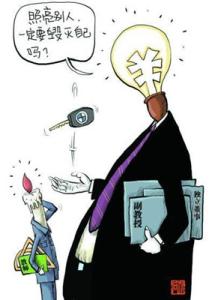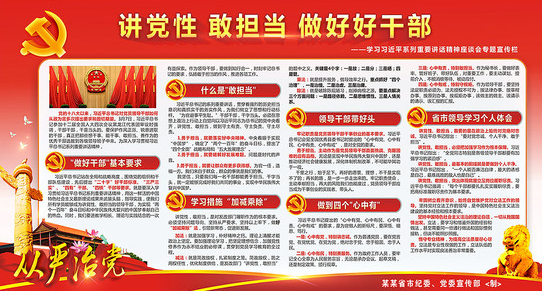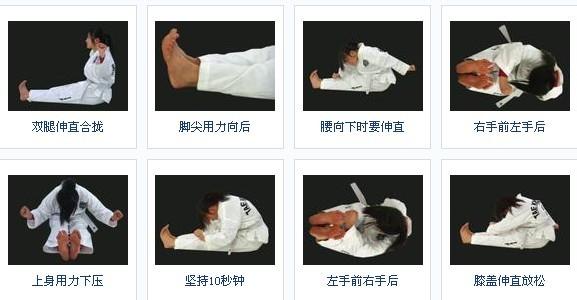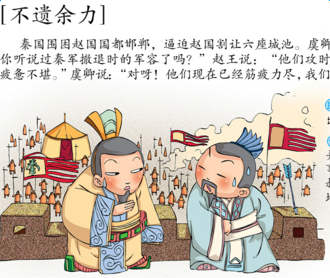篇一:贫富差距(Gap between the Rich and the Poor)
now there is a widespread concern(广泛关注) in china over the widening gap between the rich and the poor. we are surprised to learn that a pop singer can make over a hundred thousand yuan for one performance overnight, while it may take an average farmer his lifetime to earn that much.
the cause lies in three aspects. first, the gap is the result of the economic reform(经济体制改革). some seize the opportunities and become millionaires by working hard and meanwhile the slow development in agriculture hinders(阻碍) the farmers from raising their living standards and the closedown of many state-owned(国营) enterprises renders the jobless poverty-stricken. second, the current distributing(分配)of income is not scientific and reasonable, thus widening the income difference.third, while most make money honestly, there are some dishonest(不诚实) businessmen and government officials who have accumulated large fortunes by illegal(违法的)ways. to narrow the gap, the government should take effective actions to help the poor, and meanwhile strictly enforce(严格实施) laws to eliminate corruption(腐败) in government. on the other hand, reform on income distribution should be carried out and strict income taxation(税) should be made more workable and effective to narrow people's income gap. and finally, the traditional "law of value" and "principle (原则)of more pay for more work" should have their final say.
篇二:怎样缩小贫富差距的英语作文
How can reduce the gap between the rich and poor?
Recently a poll report shows that the gap actually is more than publicly previous.
The gap is rise all the time.
And the rate is more and more big result in more and more distance far
How can contorl it?
there is no point to dynastic wealth, limit the amount of money that can be past on to the younger generation in the US a gift of more than 10,000 dollars is taxed, even from father to son although when a child is younger he may be considered a dependent and receive more money to support his living.
Then when a parent dies any money beyond the first 3,000,000 is taxed for most people this amounts to very little or nothing as most individuals do not have $3,000,000 in assets when they die. For the supper rich, someone with say a billion dollars, about half of the money goes to their legacies and half goes to the government to be distributed to the poor.
The numbers are not that important, what is important is breaking up dynastic wealth. If your great grandfatherwas a billionaire you should not automatically be a billionaire. The rich have enough ways to ensure their prodigy grow up with all the tools to succeed, but they must actually work.
篇三:城乡贫富差距

While china continue to amaze the outside world with its stories of rapid economic growth,the country's Gini Co-efficient-a standard measure of income inequality has exceed the 0.40 threshold viewed as danger level.Although china has lifted hundreds of millions of people out of absolute poverty during the period of reform and opening,has transformed from planning economy system to marked-oriented system,the gap between the rich and poor remains in rural-urban income as well as in every social classes are widening that will confine the long-term development of national economy as whole.
The per capita disposable income of city dwellers released in 2003 was 8,472 yuan (US$1,024),compared with 2,622 yuan (US$317) of farmers that account for 80% of the national population. approx. 25% of chinese population is in the upper middle class to rich. But the larger segment-about 75% is in the low middle class to poor.Even though the past year of 2004 appears a good one for the country's some 800 million farmers thanks to a substantial recovery in grain price and cuting tax,the task to uplift the farmer income,to narrow the disparity and inequality which will affect society stabilization in rural-urban development level is arduous. to achieve a coordinated development between urban and rural areas and to resolve issues concerning agriculture, farmers and rural areas,Wen called for reforms to increase assistance and protection for agriculture, to speed up urbanization, to let cities play a bigger role in promoting the development of rural areas and to coordinate the development of urban and rural areas, by unifying the management of issues like labor, family, compulsory education, and taxation.
 爱华网
爱华网



